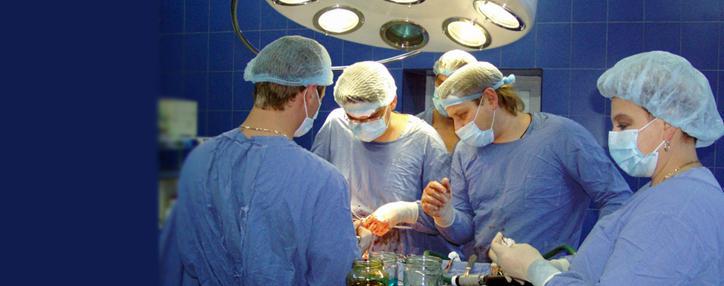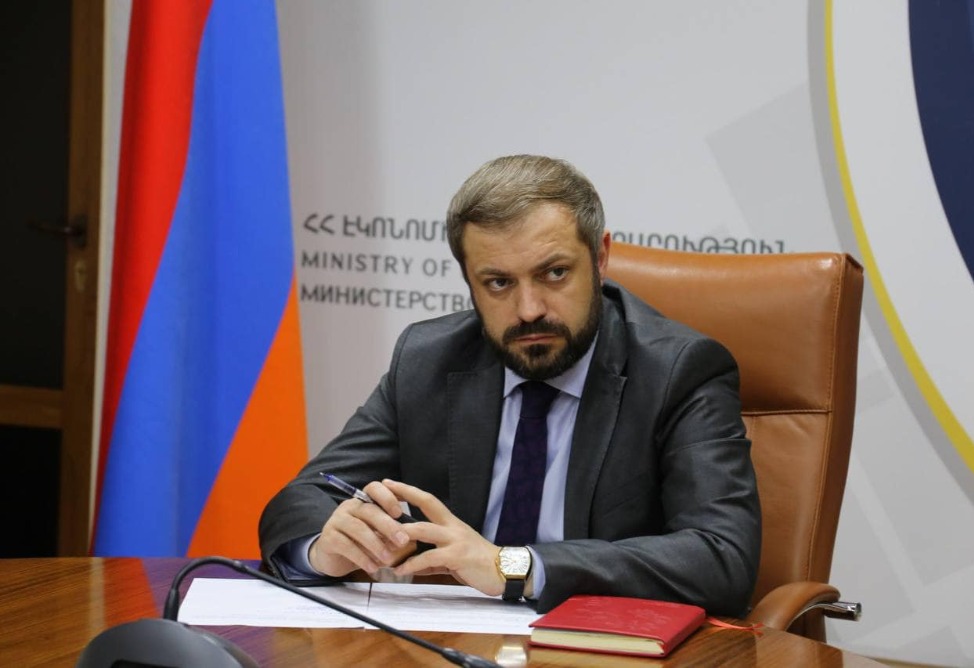Armenian MPs are against privatization of health facilities
08.06.2017,
14:42
Some members of the Armenian parliament spoke today against privatization of health facilities as they continued consideration of a government-proposed plan of privatization of state-owned facilities, which it claims will raise 35-36 billion drams (about $ 74 million).

YEREVAN, June 8. /ARKA/. Some members of the Armenian parliament spoke today against privatization of health facilities as they continued consideration of a government-proposed plan of privatization of state-owned facilities, which it claims will raise 35-36 billion drams (about $ 74 million).
The list includes a total of 10 health facilities, including the Research Institute of Balneology and Physiotherapy, the National Fanarjyan Center of Oncology, the Scientific Center for Dermatovenerologic Medicine, the Center for Radioisotope Production and a number of smaller institutions, including polyclinics.
Mikael Melkumyan, an MP from the Tsarukyan bloc, said that health institutions should be owned by government to hold in check prices. He was backed by Nikol Pashinyan from the Yelk opposition bloc who noted that today the private clinics and hospitals thrive, but remain inaccessible to the vast majority of ordinary citizens.
They were countered by the head of the governing Republican Party of Armenia parliamentary faction Vahram Baghdasaryan, who argued that the government does not have enough money to bring medical institutions in line with European or international requirements. In his words, only private investments are able to modernize health institutions, while the government should oversee that they respect their obligations.
The list of facilities, included in the government’s privatization program for 2017-2020. includes also the government’s House of Receptions, a bus terminal in Kotayk region, the government-owned shares in the Yerevan Jewelry Factory, as well as the National Postal Operator Haypost and the Armenfilm studio. -0-
The list includes a total of 10 health facilities, including the Research Institute of Balneology and Physiotherapy, the National Fanarjyan Center of Oncology, the Scientific Center for Dermatovenerologic Medicine, the Center for Radioisotope Production and a number of smaller institutions, including polyclinics.
Mikael Melkumyan, an MP from the Tsarukyan bloc, said that health institutions should be owned by government to hold in check prices. He was backed by Nikol Pashinyan from the Yelk opposition bloc who noted that today the private clinics and hospitals thrive, but remain inaccessible to the vast majority of ordinary citizens.
They were countered by the head of the governing Republican Party of Armenia parliamentary faction Vahram Baghdasaryan, who argued that the government does not have enough money to bring medical institutions in line with European or international requirements. In his words, only private investments are able to modernize health institutions, while the government should oversee that they respect their obligations.
The list of facilities, included in the government’s privatization program for 2017-2020. includes also the government’s House of Receptions, a bus terminal in Kotayk region, the government-owned shares in the Yerevan Jewelry Factory, as well as the National Postal Operator Haypost and the Armenfilm studio. -0-



